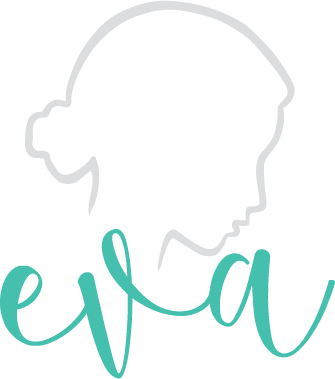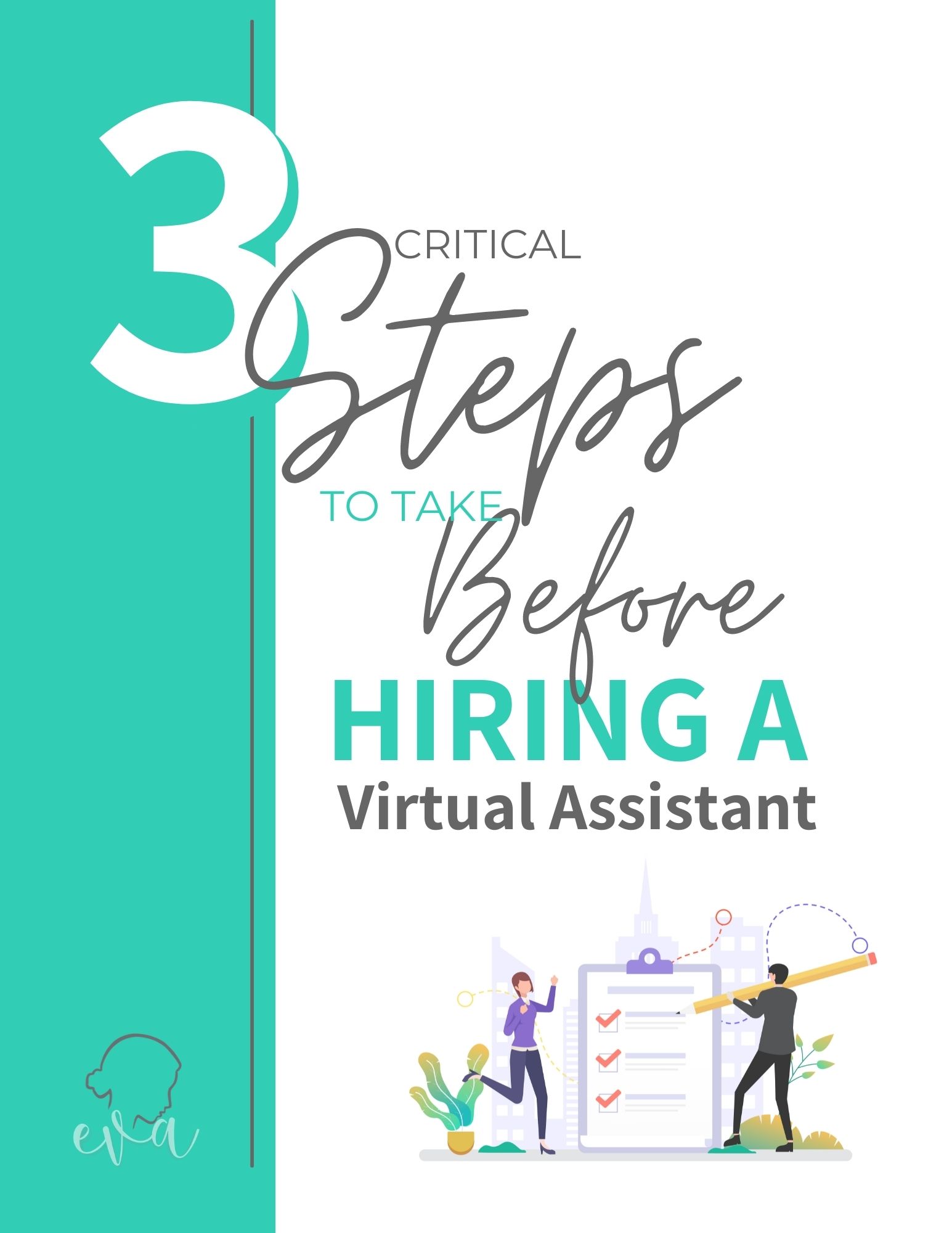When we decided on Stroke Awareness as our blog topic this month, I learned that one of our internal team members was a 4x stroke survivor! Her story was incredibly moving and with her permission, I wanted to share a little bit of her experience with you.
Here’s what she had to say, “It happened all of a sudden. I was actually swimming in a pool when the first clot made its way up my neck to my brain. At the time, I was having a very intense migraine but I’d had them frequently growing up so I thought nothing of it at first. Then it got severe, the pain was bursting into little “blossoms,” along the side of my neck. But nearly as soon as I felt the “blossoms,” as I call them, I realized I could no longer feel my left arm. Helplessly floating, I used my right arm to paddle my body upright, then used my right leg and arm to “doggy paddle” my way to the edge.”
I was shocked. It must’ve taken all of her strength to make it to the edge, but imagine if she hadn’t found the courage to do so! And what a way to learn something new this Stroke Awareness Month.
She continued. “I got the attention of the lifeguard and they did what they could to calm me while someone called for an ambulance. After I slipped under the water, they dove in and lifted me up onto the deck. There we waited for paramedics – who thankfully weren’t far away. Once they arrived, I was loaded onto a stretcher and told to “stay awake as long as possible.” Then, with an IV of blood thinners, I was taken for two CAT scans of my brain.”
That is terrifying!
“It was. I wasn’t awake for any of the CAT scans, only woke up later in the hospital room. In the span of a few hours, the massive clot had torn through my arteries, bumped my optic nerve, and created space for three smaller clots to pass through! I woke up paralyzed on the left side.”
What was it like to be paralyzed?
“It’s a strange sensation. You can feel your brain sending a message to your fingers or toes but then nothing happens. It’s a sort of eerie stillness inside of your muscles. It scared me, but I spent 23 hours a day for two weeks, totally unconscious.”
What did you do during your hour awake?
“I’d try to eat – I had no dietary restrictions, thankfully, so I got to eat whatever I wanted! And I’d read a few pages of a book. Then, inevitably, I’d get sleepy and my brain would want to be “off” so I’d fall back into a dreamless sleep until the next evening.”
What was going on while you were asleep? Do you remember anything?
“They would wake me for tests, and I’d do my best to be coherent for them, but I’d usually fall asleep once they got me set up. I had several scans done, including one where they went down my throat with a camera to see if my heart had caused the strokes.”
What was the cause?
“They were never totally sure. They ruled it stress induced. I didn’t have high blood pressure, blood sugar, or any defects in my heart or brain. They decided I was producing such high levels of cortisol that my brain couldn’t process it anymore and a clot formed. I took a look at my mental health after I recovered and now I know when to take a step back and relax.”
Do you have any long-term effects? How long ago did this happen?
“I suffered all four in 2009, so quite a while ago. I do have nerve damage that will never go away. It’s gotten better but it still acts up when I’m nervous or stressed. It’s called Correa and it affects my left hand and leg.”
Thank you for sharing! I hope it brings some insight to our readers who may be in the same position someday.
“My advice is to take time for yourself. If you’ve got a terrible headache, take a sick day. Don’t push yourself, I got lucky and survived with minimal damage. Not everyone is so lucky to be a stroke survivor, so I’m happy to talk about my experience and bring stroke awareness to everyone reading.”

